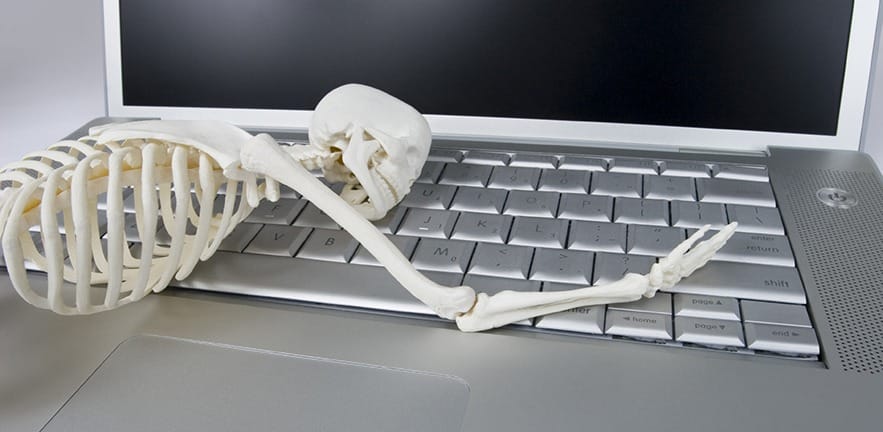How to manage our digital assets after we die is explored by Georgina Cronin of the Cambridge Judge library in an article published by the Chartered Institute of Library and Information Professionals.

Nowadays we can hardly imagine our lives without social media and other digital platforms. We share important updates from our lives, post pictures from our holidays and ask for expert advice, as well as apply for jobs and blog about our hobbies. But what happens to our digital platforms when we die?

Georgina Cronin, Acting Deputy Information & Library Services Manager at Cambridge Judge Business School, looks at digital legacy and how to manage it after the account owner’s death in an article – entitled “Living and dying on social media” – published by the Chartered Institute of Library and Information Professionals.
The conversation about death is happening online more frequently nowadays, writes Georgina: “The use of social media to communicate death and dying extends this further with more people voicing their grief and loss in powerful Facebook posts and essays. Those who know they are going to die from having a terminal illness have used social media to talk about their experiences and even to campaign for charities or right-to-die legislation.”
There are some organisations and services, like DeadSocial, that provides useful information and advice for people who are looking to sort out their digital legacies after their death.
The main question everybody should ask is: who will be handling my digital legacy and how can they access my accounts? As very few digital platforms already offer an option to nominate a Legacy Contact (someone who can access a user’s account), a lot more needs to be done – like being able to have a nominated person who could deactivate the user’s account.
The other important point is intellectual property, as digital assets can have financial, social or sentimental value. “The intellectual property, and value of that property, stored on servers and drives around the world is immeasurable and the thought of it being lost because someone did not pass their login credentials on to someone else is a tragic loss of information.”
Talking about death might not be comfortable for some people, but being informed and prepared for when the time comes “means that the people left behind will have some comfort in knowing that everything is taken care of or at least accounted for,” Georgina said.

